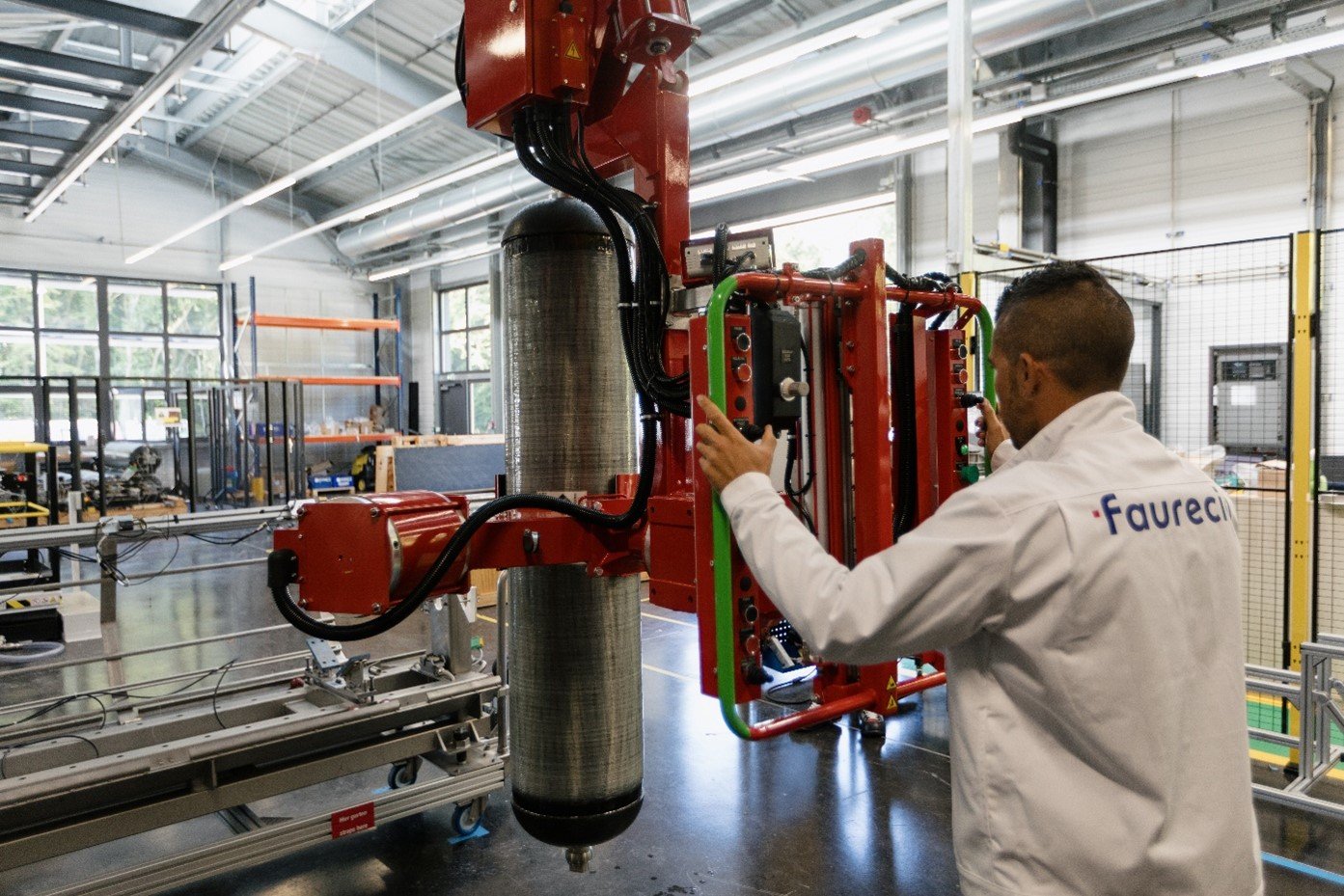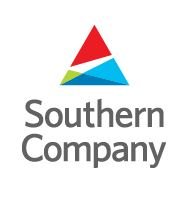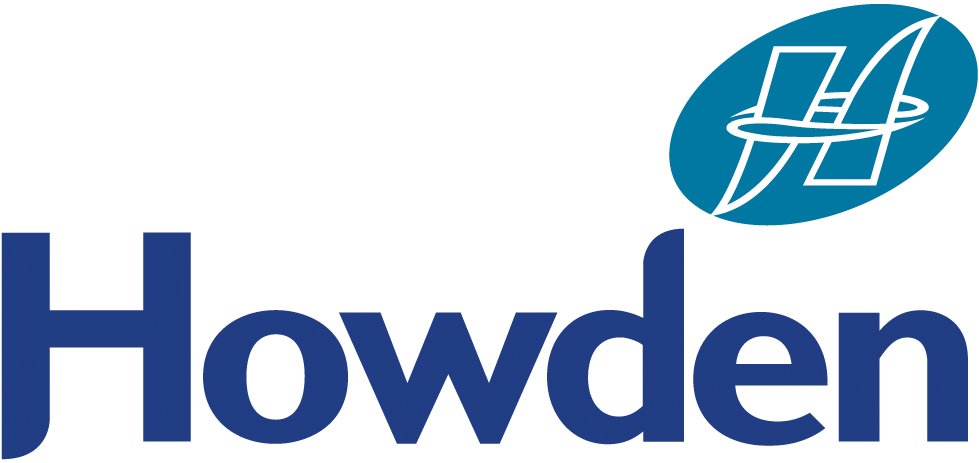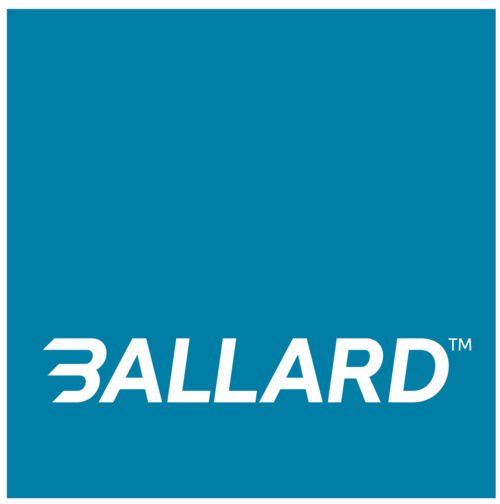FCHEA Welcomes New Members!
Jennifer Gangi
In June, the Fuel Cell and Hydrogen Energy Association (FCHEA) published a blog post showcasing 10 new members, and since that time, another sizeable batch of companies have joined our growing roster! From investment firms to companies involved in hydrogen production, components, and fuel cells for aviation, FCHEA’s new members are increasing the diversity of sectors that our association and the broader fuel cell and hydrogen industry participate in. With fuel cells and hydrogen becoming an ever-prevalent solution to the world’s energy, economic, and environmental goals, FCHEA is excited and privileged to count these new companies and organizations among our growing membership.
amlam is developing solid state hydrogen storage to overcome traditional energy storage limitations. amlam is positioning hydrogen as a key player in the world’s energy economy as one that can decarbonize transportation. amlam’s breakthrough metal hydride hydrogen solid-state storage technology research aims to allow the creation of safe, compact, and practical storage solutions that have the potential to revolutionize the transportation sector.
ZeroAvia is taking hydrogen fuel cells to the skies to help reduce carbon emissions from the aviation industry. ZeroAvia has already secured experimental certificates for its two prototype aircraft, which will operate with its hydrogen-electric powertrain. ZeroAvia’s initial goal targets the 500-mile range regional air travel market with 10 – 20 seat aircraft for commercial passenger transportation, cargo, agriculture, and more. Most recently, ZeroAvia conducted the first high-power ground tests of its 600-kilowatt powertrain for its 19-seat aircraft. ZeroAvia hopes that their membership with the FCHEA will allow them to build meaningful relationships in the hydrogen industry, which will help drive technological development and influence future policies related to hydrogen adoption. Along with its engine for 19-seat aircraft, ZeroAvia is also beginning development for its hydrogen-electric powertrain for 50+ seat aircraft.
Founded in 1997, Faurecia has grown to become a major player in the global automotive industry. With 266 industrial sites, 39 R&D centers and 114,000 employees in 35 countries, Faurecia is a global leader in its four areas of business: seating, interiors, Clarion Electronics and clean mobility. The Group’s strong technological offering provides carmakers with solutions for the cockpit of the future and sustainable mobility.
Hydrogen mobility is rapidly gaining momentum and Faurecia is at the heart of a growing ecosystem of partners supporting its industrialization and adoption at scale. Faurecia has a clear roadmap to develop hydrogen solutions adapted to different use cases in passenger cars, commercial vehicles, logistics, industries, and more over the coming decade. The Group covers 75% of the hydrogen powertrain with hydrogen storage systems, as well as fuel cell stack systems through Symbio, its joint venture with Michelin. Faurecia’s ambition is to become a world leader in hydrogen mobility and targets €3.5 billion ($4 billion USD) in sales by 2030.
By 2050, the Group aims to be CO2 neutral for total emissions including the use phase of its products.
HyPoint is pioneering hydrogen-powered zero-emission aviation, aeronautics, and urban air mobility. HyPoint’s flagship hydrogen fuel cell system offers unprecedented energy performance: at least 2,000 watts per kilogram of specific power — more than triple the power-to-weight ratio of traditional (liquid-cooled) hydrogen fuel cell systems — and up to 1,500 watt-hours per kilogram of energy density, enabling longer-distance journeys. In 2020, the company won the NASA iTech Initiative in which inventive technologies were ranked based on criteria that included technical viability, benefits to humanity, and commercialization potential.
Southern Company (NYSE: SO) is a leading energy company serving 9 million customers through its subsidiaries. The company provides clean, safe, reliable and affordable energy through electric operating companies in three states, natural gas distribution companies in four states, a competitive generation company serving wholesale customers across America, a leading distributed energy infrastructure company, a fiber optics network and telecommunications services.
Through industry-leading research, Southern Company is advancing solutions for a net-zero future, including the opportunity for clean hydrogen technologies to enable economywide decarbonization.
Howden is a leading global provider of mission critical air and gas handling products. Howden enables its customers’ vital processes which advance a more sustainable world. Based in Glasgow, Scotland, Howden has over 160 years of heritage as a world-class application engineering and manufacturing company with a presence in 35 countries. Howden manufactures highly engineered fans, compressors, heat exchangers, steam turbines, and other air and gas handling equipment, and provides service and support to customers around the world in highly diversified end-markets and geographies.
The Ohio Fuel Cell Coalition was established over 20 years ago as a non-profit industry trade organization dedicated to the advancement of the fuel cell industry in Ohio and the U.S. OFCC’s mission has been to advance the integration of a coordinated, robust fuel cell infrastructure and supply chain. OFCC is also a provider of services to our member companies of all sizes. Our leadership company, Plug Power, is one of the largest fuel cell organizations in the U.S. with a significant Ohio presence. The coalition also has been a strong proponent in the solid oxide fuel cell arena, and recently held its third SOFC Forum. Ohio’s supply chain is considered the best in the nation, and offers expertise to help support supply chain opportunities in different industry sectors and in the development of new technologies.
FRIEM is an important player in the global energy conversion market and has been for over 70 years, with experience and accountability.
The company designs and manufactures high performance converters dedicated to hydrogen generation and conversion. FRIEM holds a central position in the green hydrogen supply chain, between the natural resources and the end users, both in the Power to Gas and Gas to Power processes.
Fairfield Capital Group, FCHEA’s first member dedicated to investment banking, focuses on equipment leasing and financing services for manufacturers and users of clean energy equipment. Fairfield has extensive experience with all types of equipment financings, arranging almost $1 billion in renewal and clean energy equipment leases in the last several years, and has recently focused on hydrogen fuel cells.
Banpu is FCHEA’s first member based out of Thailand. Banpu has committed a sustainable business and strive to deliver the “Smarter Energy for Sustainability” that embodies the company’s aim to become an energy solution leader while driving the society toward sustainable use of energy
Founded in 2007, Next Hydrogen designs and manufactures electrolyzers that produce split water into clean hydrogen and oxygen. Following successful pilots, Next Hydrogen is scaling up its technology to deliver commercial solutions for decarbonizing transportation and industrial sectors and, most recently, opened a new assembly facility. The company’s technology development roadmap for new product offerings includes larger alkaline and also PEM systems, as supported by an IP portfolio of 38 patents across varying technologies. In the FCHEA, Next Hydrogen looks forward to engaging with transportation and industrial communities about clean, on-site hydrogen supply and about partnership opportunities.
Ballard Power Systems’ vision is to deliver fuel cell power for a sustainable planet. Ballard zero-emission PEM fuel cells are enabling electrification of mobility, including buses, commercial trucks, trains, marine vessels, passenger cars and forklift trucks.
Over its 40-year history, Ballard has invested more than $1 billion in research and development to advance fuel cell technology and has produced over 850 megawatts of proton exchange membrane fuel cell products. Today Ballard’s 900+ employees design, manufacture, and sell fuel cell products that contribute to CO2 emission reductions in various mobility applications.
Proteum Energy is a hydrogen production company committed to supporting the fuel cell industry by providing low-cost clean hydrogen at fueling hubs in North America. Partnering with renewable and non-renewable feedstock partners, our scalable SnMR™ technology can reform various non-methane hydrocarbon feedstocks into low-cost and low carbon intensity clean hydrogen.
Clean Energy Fuels, one of America’s largest renewable natural gas (RNG) providers, has an extensive network of over 570 fueling stations across North America. Most recently, the company was awarded a contract to construct a hydrogen station for Foothill Transit, a bus service in Southern California, to support twenty fuel cell buses.
HORIBA Automotive is a global automotive supplier for engine, emissions, drivetrain, and fuel cell systems, providing validation and verification services, equipment, and consultation to automotive industry. HORIBA looks to fuel cells to reduce emission and sees their role growing into the future for electrification of automotive powertrains.
Monolith is the only company in the world using methane pyrolysis on a commercial scale to create clean hydrogen and high-value carbon black. Our first commercial-scale facility is operating just outside of Hallam, Nebraska. With investors like SK Group, Mitsubishi Heavy Industries and NextEra, we're scaling our business to meet global demand for "The hydrogen to power a green world."
There are several more exciting new members that have joined FCHEA we will be announcing in the coming weeks so stay tuned for an end of year wrap-up post with more information about those companies. FCHEA is grateful for the support and each member adds tremendous value and voice to the energy conversation and the important breadth and role that hydrogen energy and fuel cell technologies can, should, and already play in it.

















